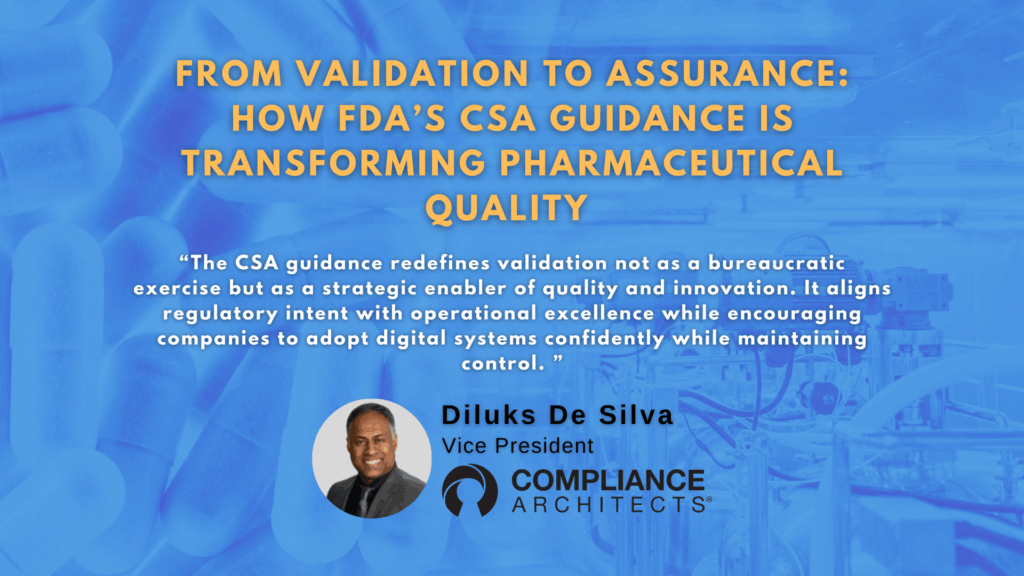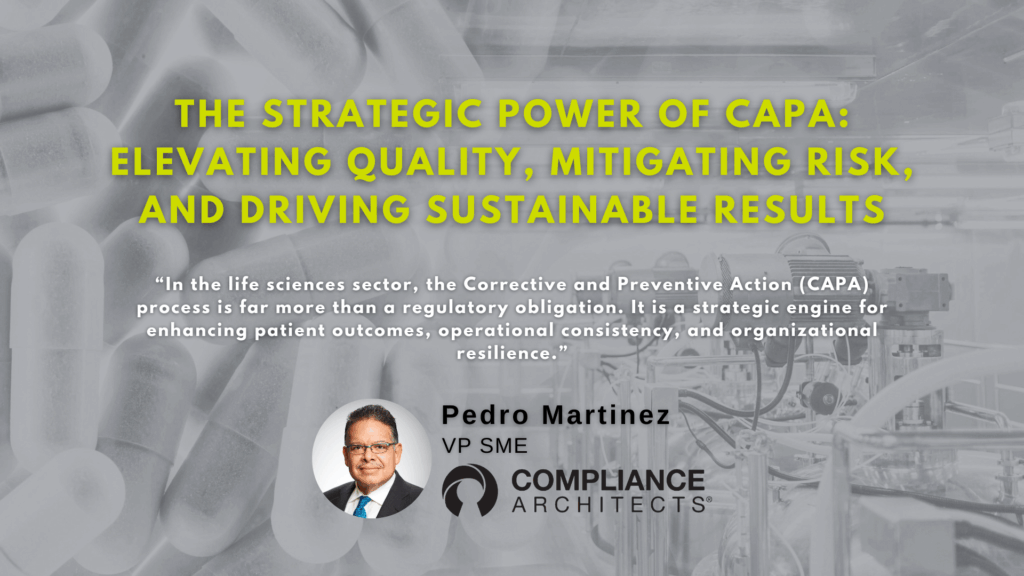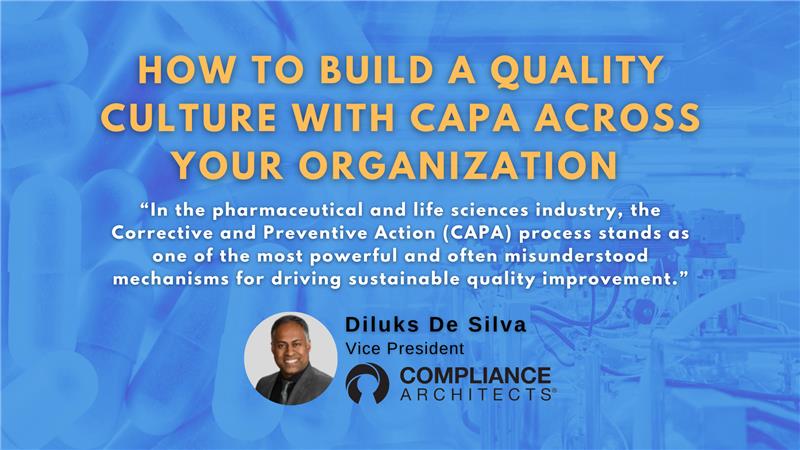Diluks De Silva was honored to speak with Geoff Mix, Head of Content and Research for the Executive Platforms’ Blueprint podcast series.
Usually, it’s Jack Garvey or Teresa Gorecki, whose interviews Geoff often cites when prepping new guests. This time, he wanted to put Diluks in the spotlight to discuss talent acquisition in the pharmaceutical industry, among other things. Diluks has an impressive background, having recently worked with Novartis and boasting about 30 years in the industry, covering everything from QC to selling gene therapies. Read on to see what they talked about, or watch the video below.
Table of Contents
The Importance of Talent Acquisition in the Pharmaceutical Industry
Geoff: Let’s start with a pressing issue—talent acquisition. Every company today struggles to attract, retain, and develop the talent needed for future growth. What insights can you share from your conversations in this space?
Diluks: Talent is indeed a cornerstone in the pharma industry, especially with the advent of personalized medicine. The traditional talent pool is no longer sufficient; we need individuals with new skill sets and educational backgrounds. This shift requires a deep understanding of the type of people we want to bring into our operations and extensive planning and training. Collaborating with colleges and career centers is crucial to building a pipeline of talent equipped for the industry’s evolving demands.
The Expanding Pharmaceutical Industry
Geoff: The industry is rapidly expanding and is not just about meeting today’s needs. Countless new companies are emerging. How do you foresee the industry evolving in terms of talent requirements?
Diluks: The growth in advanced therapeutics necessitates leaders who are adept in new technologies and capable of navigating highly dynamic environments. Unlike traditional pharmaceutical spaces, senior leaders in this field must be prepared for continuous innovation and regulatory challenges. Developing a pipeline of future leaders involves introducing the concepts and excitement of this field to students early on, ensuring they understand the unique opportunities and responsibilities ahead.
Bridging Talent Gaps: Strategies and Collaborations
Geoff: Given the scarcity of experienced talent, how do you suggest companies fill their pipelines effectively?
Diluks: Regarding talent shortages, it’s about orchestrating the development of the next generation of industry leaders. We must introduce the excitement of manufacturing and quality control at the university level. Making these roles attractive involves highlighting the impact and innovation inherent in this field. Companies must partner with educational institutions to groom students, providing them with a clear pathway from education to leadership roles in advanced therapeutics.
The Role of Automation in Pharmaceutical Manufacturing
Geoff: Let’s discuss manufacturing and data analytics. What innovations in life sciences might attract the next generation of talent?
Diluks: Modern manufacturing is heavily automated, especially in cell and gene therapy. The sensitivity of these processes demands high levels of automation to ensure precision. This shift from manual to automated processes requires a different kind of expertise, where operators and quality control teams manage sophisticated systems rather than manual tasks. This evolution makes the field more exciting and intellectually stimulating.
Emotional and Psychological Aspects of Pharmaceutical Manufacturing
Geoff: The personal impact of working in this field can be significant. How do you address the psychological pressures on your teams?
Diluks: The fulfillment in this field comes from knowing the direct impact on individual patients. However, this also adds immense pressure, as mistakes can have serious consequences. We incorporate automation and systematic processes to mitigate this and reduce human error and stress. It’s crucial to support our team’s health emotionally and mentally, ensuring they can perform their best without being overwhelmed by the gravity of their work.
Continuous Improvement and Innovation
Geoff: Continuous improvement is vital. How do you instill this mindset in your teams?
Diluks: A continuous process improvement mindset is essential in this industry. Teams must always seek better ways to perform tasks, driven by curiosity and a desire to innovate. This approach not only enhances operational efficiency but also improves patient outcomes. Encouraging open dialogue and idea-sharing within the organization fosters an environment of continuous learning and growth.
Partnering with Compliance Architects
Geoff: How does Compliance Architects support companies in navigating these challenges and opportunities?
Diluks: Our organization offers extensive industry expertise and practical solutions tailored to each client’s needs. We ensure that any engagement is a good fit and focus on delivering scalable, future-proof solutions. Our team collaborates closely with clients, providing insights and guidance to address specific challenges and optimize their operations.
Getting Started with Compliance Architects
Geoff: For companies looking to start a conversation with you, what’s the best way to reach out?
Diluks: The best way to contact us is through our website, compliancearchitects.com. You can also reach out to me directly on LinkedIn. We’re always open to discussing new challenges and opportunities and providing tailored solutions to help pharmaceutical companies thrive in this dynamic industry.
Geoff: Thank you, Diluks, for sharing your valuable insights. Your experience and expertise are incredibly beneficial to our listeners. Anyone interested in learning more or seeking assistance should visit Compliance Architects’ website or connect with Diluks on LinkedIn.

Click here to learn more about Diluks.
To learn more about navigating talent acquisition in the pharmaceutical industry, you can also reach out to us using the contact form below.





